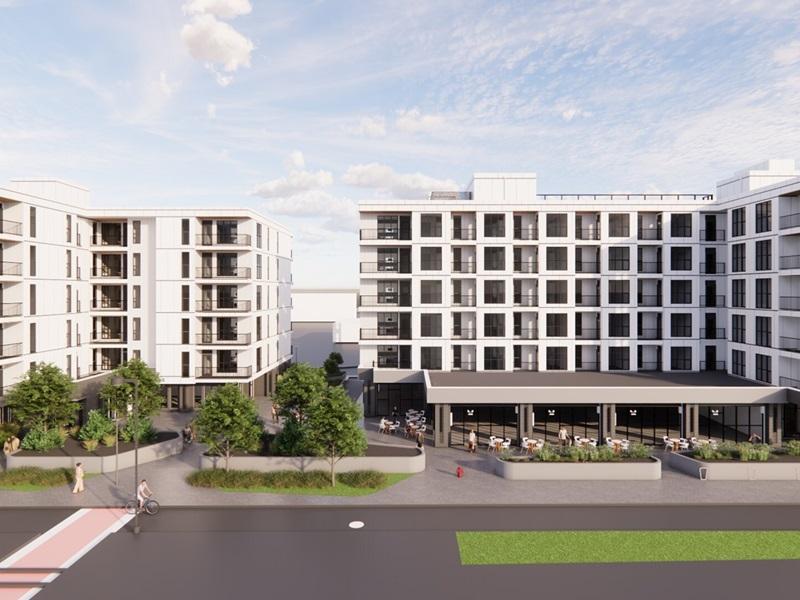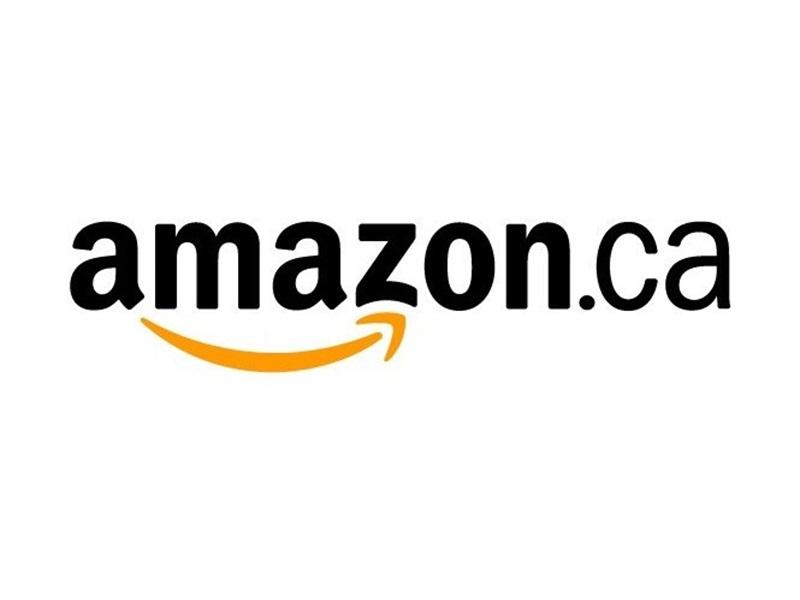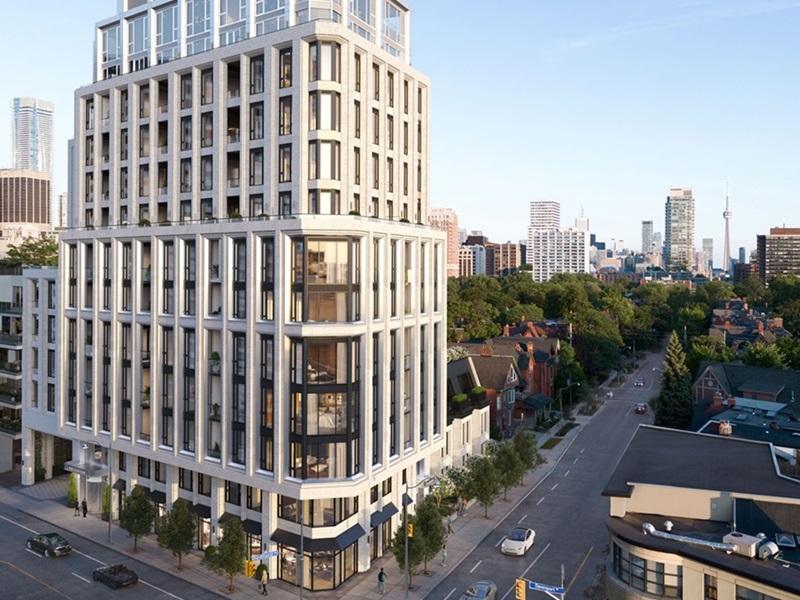
BOMA Canada coronavirus summit held on March 4, 2020 prior to its March 16, 2020 webinar. Image courtesy of BOMA Canada.
There’s no competition when it comes to health and safety, and preparedness and communication are vital.
These were the key messages from a March 16 BOMA Canada webinar focused on how people and businesses should respond to COVID-19 virus cases in commercial office buildings.
BOMA Canada president and chief executive officer Benjamin Shinewald moderated a panel featuring: Dr. Vinita Dubey, associate medical officer of health for Toronto Public Health; Menkes Developments sustainability director Jon Douglas; and Marlene Farias, senior vice-president of property management for Triovest Realty Advisors Inc.’s Central Region.
All four participated from separate locations to do their part for social distancing.
The public health perspective
Dubey opened by providing an overview that touched on: what COVID-19 is; the current global situation; the roles of different levels of public health in Canada; public health advice; pandemic stages; and how businesses can prepare for pandemics.
COVID-19 is a new strain of coronavirus that’s generally spread through: respiratory droplets generated when people cough or sneeze; touching something with the virus on it and then touching your mouth, nose or eyes before washing your hands; and close, prolonged personal contact.
According to a new study published in the New England Journal of Medicine, COVID-19 can survive for several hours in air particles and for days on surfaces.
Dubey recommended businesses and building owners set up hand-washing stations and advise people who enter and use buildings to follow routine infection prevention and control policies and procedures.
They should also devise work-from-home strategies for those who are able to do so in order to slow down the spread of the virus since things have moved from the containment stage to the mitigation stage and more local transmission is expected.
“We recognize that we won’t be able to halt the spread,” said Dubey.
“But, if we can prevent the number of people who rapidly get the infection, we can actually be more prepared and have more time to respond from a health-system perspective.”
It was stressed that if a person who works at a building has COVID-19, the landlord should immediately notify the local public health authority and learn what steps should be taken if it’s not sure how to proceed.
How Menkes handled COVID-19
Menkes is a fully integrated real estate company with a primary focus on the Greater Toronto Area.
One of its buildings is the 30-storey, 786,000-square-foot, multi-tenanted 25 York in Toronto’s South Core Business District. An employee of one of its tenants was confirmed to have COVID-19 earlier this month.
Menkes started taking extra precautions early this year when reports of the potential spread of COVID-19, which originated in Wuhan, China, began to circulate.
This included additional cleaning, providing additional hand sanitizers and initiating awareness campaigns to inform tenants about these measures and steps to take to reduce the potential spread of the virus.
The day after BOMA Canada’s March 4 emergency coronavirus summit, Douglas said Menkes’ “property leaders” had an emergency conference call to discuss COVID-19 and additional actions that needed to be taken.
They came up with a template for tenant communications and Menkes employees were asked to log all of the floors they were on in buildings “to help with response assessment.”
Due to health information privacy regulations, Douglas said Menkes doesn’t know who the infected person was or where he or she had a workspace. The only thing it knows was when the person was last in the building.
Upon being notified, the COVID-19 protocol was implemented by the building’s general manager and a specialty team from Hallmark Housekeeping Services was immediately called in to disinfect the floors, common spaces, elevators and washrooms on top of normal cleaning.
Conference calls were held among Menkes’ leadership group members and the tenant, which decided all of its staff was going to work from home until further notice.
Several notices were sent to concerned parties — including other building tenants, employees, suppliers and service providers — to keep them up to speed and obtain information.
Schedules for building operations staff members were adjusted to reduce their exposure to tenants.
Menkes issued a media statement with the limited information it could share, but Douglas said “CP24 published an article about the situation which had false and incorrect information,” which started a panic and caused tenants, representatives from neighbouring buildings and other media outlets to make inquiries.
Douglas said Menkes’ communications staff went into damage control mode to correct the false information and have it published.
“Communicate as much as you can with your tenants and your staff, and keep up to date and read the information from Toronto Public Health and the federal government,” said Douglas.
“Get prepared for when this is going to happen in your building. Even though your tenants are working from home, you still might have staff, cleaning staff or operators who get sick and you’re going to have to respond to the situation.
“Really do as much legwork as you can up front. It really helped us during our instance.”
Triovest’s COVID-19 experience
Triovest is a fully integrated commercial real estate advisory and capital firm with a portfolio of 380 properties across Canada totalling more than 38 million square feet and valued at more than $10 billion, and with $2 billion more in properties under development.
One of those properties is the RBC Insurance Business Intelligence Centre, a single-tenant building at 6880 Financial Dr. in Mississauga. An employee with a confirmed case of COVID-19 was reported on March 5.
Triovest had made many of the same preparations as Menkes, looked at its pandemic plans that it put in place for the 2003 SARS breakout, and met with tenants and “teams on the ground to insure that we had the proper protocols in place,” according to Farias.
Once Triovest management learned about the positive COVID-19 test by an RBC employee who had returned from a trip to Las Vegas, and who had access to that person on that floor, cleaning staff was mobilized to disinfect the floor.
It was locked down and remains that way as those who worked on the floor have been asked to self-isolate and work from home until further notice.
Triovest has been in regular communication with its employees, RBC officials, suppliers and vendors who had recently been in the building, as well as public health officials, to ensure everyone remains informed and on the same page.
Webinar viewer questions
Questions covering a variety of topics related to COVID-19 were then put to the panelists by some of the more than 500 webinar viewers.
One of them pertained to whether hoteling, where employees schedule using different workspaces as opposed to having permanently assigned seating, was still viable during the crisis.
Dubey said it didn’t pose any immediate dangers, as long as there was still an effort to try to maintain a two-metre distance between colleagues and “respiratory etiquette” was followed.
Douglas said, since landlords won’t know who infected people are or where they specifically worked, hoteling doesn’t make a difference because it will still have to disinfect entire floors where an infected person has worked.
No office buildings have been ordered to close by the government and no landlords have shuttered any large office structures, but Farias said one of Triovest’s buildings is currently 80 per cent vacant because so many tenants are working from home.
“Our buildings are open and safe if people need to come into work,” said Douglas. “It’s up to individual tenants whether they want to shut down their operations.”
When asked about differences in COVID-19 preparation and response for single-tenant and multi-tenant buildings, Douglas said:
“There are pros and cons and challenges with both. With a single-tenant building, you’re probably looking at a bigger spread of disinfecting because that person could have moved between more floors.
“With a multi-tenanted floor, you have to deal with other tenants in the building.”
While food courts are popular gathering places in office buildings, they’ve become less busy since more people are currently working from home.
Farias said Triovest has removed food trays from one of its buildings and is paying extra attention to disinfecting surfaces, while advising people to be aware of keeping a distance between each other in lineups and while eating.
Supply chain disruptions and product shortages have become a concern, but both Farias and Douglas said their buildings have everything they need to continue operating without disruptions or discomfort to tenants.
“All of our general managers and property managers are chatting with all of the vendors to understand their staffing capacities, not only on the supply chain side but if people are getting sick and how they’re servicing things,” said Douglas.
Dubey emphasized the importance of not increasing panic around COVID-19 despite the fact there’s still much to be learned and situations surrounding it are constantly evolving.
“If you have a situation in your building, what I would say is be careful about showing up in a hazmat suit to show that you’re cleaning and disinfecting.
“We need to do the right thing. We need to take the appropriate precautions. Sometimes if we go too extreme we can send the wrong message as well.
“We just need to make sure that we’re balancing and using the best evidence to be able to protect ourselves, the people around us and, in your case, your tenants as well.”
BOMA Canada’s COVID-19 efforts
BOMA Canada’s nine-person office in a Cadillac Fairview-owned building at 1 Dundas St. W. in downtown Toronto is closed until further notice, with employees working remotely, according to Shinewald.
Even so, BOMA Canada’s employees and members have been very active in dealing with COVID-19. Its March 4 summit was attended by at least 130 people in person, online and by teleconference.
The summit led to the establishment of a COVID-19 working group comprised of people from different sectors across the country to harness best practices and drive a coordinated industry response where possible.
BOMA Canada has created a coronavirus web page featuring steps that can be taken to prepare for and deal with COVID-19 in buildings, as well as a list of helpful resources to refer to.







